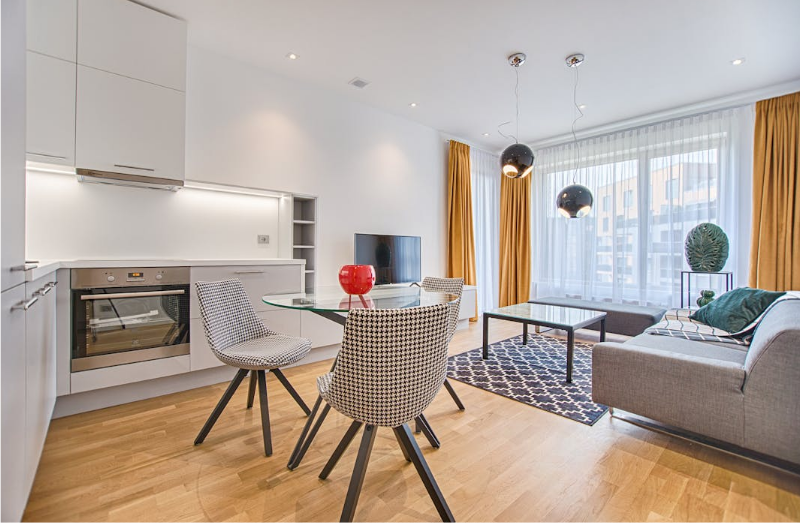Questions To Ask From References Provided By Rental Applicants

Rental property owners seek reliable tenants who not only pay rent on time but also keep the property in good condition. This is accomplished by screening applicants to select the right tenant.
As part of the screening process, contacting applicant’s past references is a great way to verify their history. However, it is important to ask the right questions for successful outcome of the tenant reference check process. Tenant’s references can be divided into three broad categories:
- Previous Rental Owners
- Employment References
- Personal References
The questions that should be asked depend on the reference type and should be designed to collect as much information as possible about the potential tenant.
Questions You Should Ask Previous Rental Property Owners
These questions aim to understand if the tenant acts responsibly and will be a good fit for a smooth tenancy.
- Did the tenant pay rent on time? If the previous rental owner reports instance/s of delayed or missed rental payment/s, probe further to ascertain the cause of the same. Try to understand if the tenant is a habitual defaulter on rent payments.
- Did the tenant abide by the lease agreement? Ask if the tenant followed all the lease agreement clauses, such as the number of people staying in the property, pet policies, subletting, etc.
- Were there any damages caused to the rental unit? As a rental property owner, one would want to avoid any damage to the property by negligent tenants. Ask this question to understand if the applicant will mistreat your property.
- Why did the tenant leave? Ask this question to understand if the tenant will stay longer or if tenant left the property due to a conflict with the rental owner. This gives an insight into facts such as, if the tenant has a habit of shifting rentals at short intervals and how the tenant handles conflicts (if any).
Questions To Should Ask The Employment References
These questions will help you analyze if the applicant has stable employment & source of income to pay the rent regularly.
- Since when has the applicant been employed with the company? If the applicant is new to the company, try to call the previous employers to understand the applicant better.
- What is the applicant’s job role & what kind of position is it? This question helps in developing an understanding of the applicant’s job security. Also, if the job title mentioned by the applicant on the rental application is different than the title mentioned by the employer, it is a potential red flag.
- What is the applicant’s behavior at the workplace? The answer to this question sheds light on the applicant’s character & behavior in a social and professional setting. It will help determine if the applicant will trash the property or will be a nuisance to the neighbors.
Questions You Should Ask Personal References
- What is your relationship with the applicant, or how long have you known them? These questions are essential to understand how well the reference knows the applicant and the applicant’s behavior.
- How would you describe the applicant’s character? Friends or family are the best people to describe a person’s overall character, which can help you analyze if the applicant has the qualities, you are looking for in the tenant.
- Does the applicant own any pets? To verify that the applicant has not provided false information on the rental application.
Contact Hunter Rentals & Sales for complete property management solutions for your rental property. We provide services in Fort Hood, Killeen, Harker Heights, Nolanville and Belton. We are located at 1503 W Stan Schlueter Loop, Killeen, TX – 76549. You can also call (254) 634-3311 or visit www.hunterrentals.com







